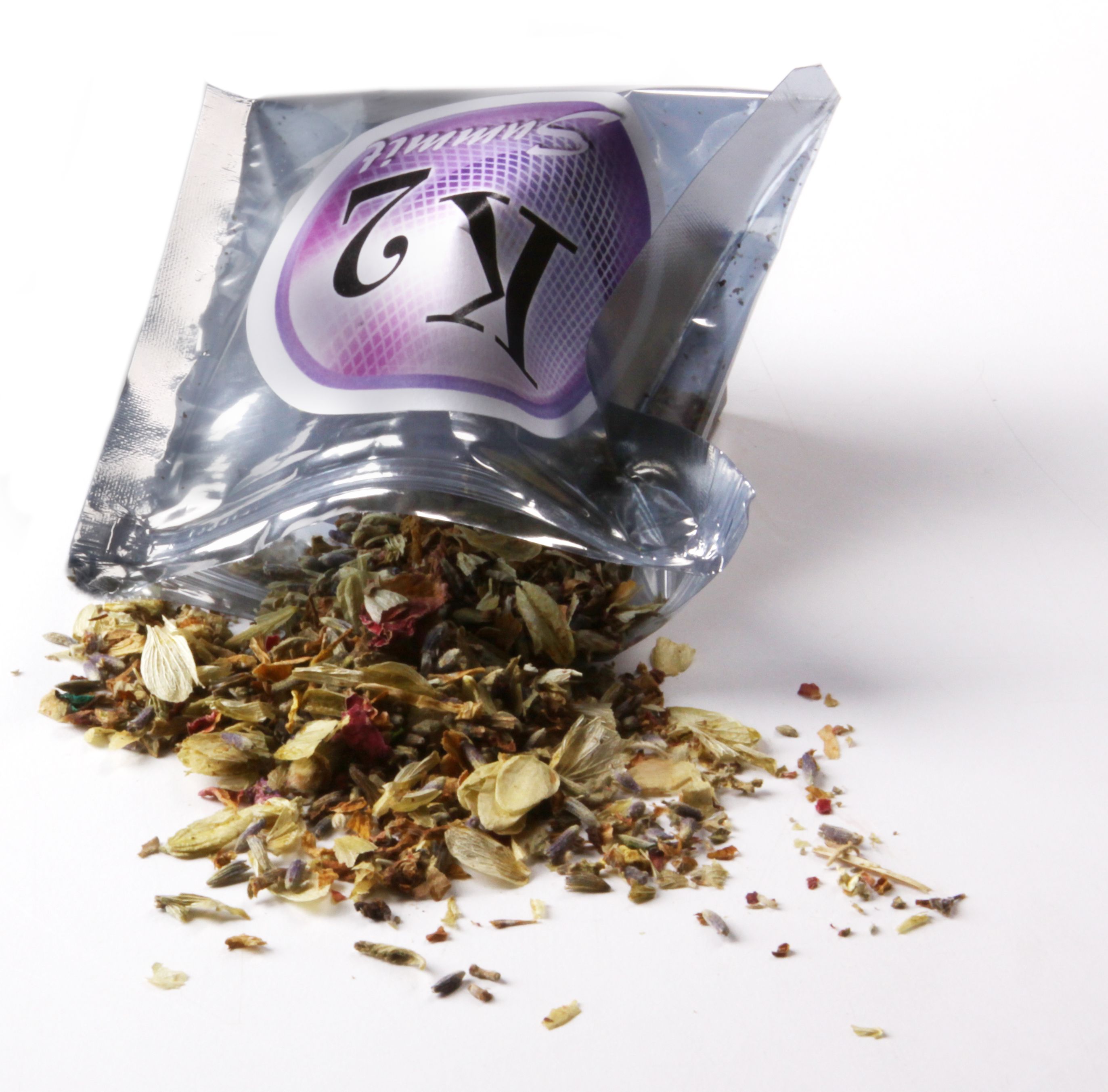Exploring the Promising Applications and Positive Influences of Spice as an Artificial Cannabinoid
In recent years, the expedition of artificial cannabinoids, particularly Seasoning, has sparked interesting conversations within the clinical and clinical areas. As research delves deeper into this artificial compound, discovering its similarities and disparities with all-natural cannabinoids, a nuanced understanding of its benefits and difficulties arises.
Healing Potential of Flavor
Checking out the healing capacity of Seasoning, a synthetic cannabinoid, includes a vital exam of its pharmacological residential or commercial properties and possible clinical applications. Spice, also called synthetic cannabis, communicates with the endocannabinoid system in a fashion similar to natural cannabinoids, such as those located in cannabis. This communication causes numerous physiological results that have actually sparked passion in its restorative opportunities.
Research studies have actually indicated that Spice might have prospective as an analgesic, aiding to relieve discomfort in problems such as neuropathic discomfort or chronic inflammatory discomfort - Buy K2 Paper For Sale. In addition, its communication with cannabinoid receptors offers a chance for exploring its use in handling symptoms of problems like numerous sclerosis or chemotherapy-induced queasiness and throwing up

Discomfort Management Benefits
Flavor, a synthetic cannabinoid, displays encouraging capacity suffering administration because of its analgesic homes and communications with the endocannabinoid system. The analgesic residential or commercial properties of Flavor come from its capability to modulate discomfort perception pathways, supplying remedy for numerous kinds of discomfort, consisting of neuropathic, inflammatory, and nociceptive discomfort. By targeting the endocannabinoid system, Flavor can control pain signals, reduce inflammation, and alleviate discomfort linked with persistent pain problems.
Studies have shown that Spice can effectively decrease discomfort intensity and enhance pain resistance in preclinical designs of pain. This synthetic cannabinoid has actually shown effectiveness in taking care of discomfort symptoms without triggering significant damaging impacts generally related to conventional pain medications. Additionally, Spice shows possible in reducing opioid dependence and misuse, supplying a safer option for pain monitoring.
Neuroprotective Qualities
Synthetic cannabinoids like Flavor have actually been increasingly acknowledged for their possible neuroprotective homes in alleviating have a peek here neuronal damages and promoting brain wellness. Researches recommend that these substances might supply neuroprotection through different mechanisms, consisting of antioxidant results, anti-inflammatory buildings, and inflection of natural chemical launch. By communicating with the endocannabinoid system in the mind, artificial cannabinoids can manage neuronal task and possibly decrease the influence of neurodegenerative illness or injuries.
One trick element of the neuroprotective residential or commercial properties of Spice is its capability to regulate excitotoxicity, a procedure where extreme stimulation of neurons results in cell damage or death. By controling neurotransmitter release and moistening excitotoxic signaling paths, synthetic cannabinoids may assist safeguard neurons from damaging overstimulation. Furthermore, the anti-inflammatory effects of Spice might alleviate neuroinflammation, which is frequently linked in numerous neurological problems.
Comparative Evaluation With All-natural Cannabinoids
In contrasting the neuroprotective homes of synthetic cannabinoids like Seasoning with those of natural cannabinoids, a nuanced examination of their respective effects on neuronal wellness is crucial. Natural cannabinoids, such as those discovered in the marijuana plant, have actually been extensively examined for their neuroprotective impacts. These compounds communicate with the endocannabinoid system in the body, which plays an essential duty in preserving neuronal feature and safeguarding against neurodegenerative illness.

Governing and Honest Considerations
Taking into consideration the possible ramifications on human health and health, an evaluation of governing and moral considerations surrounding the usage of synthetic cannabinoids contrasted to natural cannabinoids is imperative. Synthetic cannabinoids, like Spice, present one-of-a-kind obstacles because of their usually unknown chemical structures and potency variations. Regulative bodies face the daunting job of staying on par with the rapid appearance of new artificial cannabinoid compounds, which can make it difficult to enforce constant and efficient laws.

To address these governing and ethical obstacles, policymakers should focus on research study right into the lasting impacts of synthetic cannabinoids and establish clear guidelines for their production, sale, and use. Additionally, education campaigns are necessary to educate the general public concerning the dangers associated with synthetic cannabinoids and advertise accountable consumption techniques. By taking positive steps, society can better safeguard versus the potential harms posed by artificial cannabinoids while upholding moral requirements and shielding click here now public health and wellness.
Conclusion
In conclusion, the examination into the therapeutic capacity of spice as an artificial cannabinoid has revealed appealing results in discomfort administration and neuroprotection. In general, the positive effects of seasoning as an artificial cannabinoid warrant additional study and exploration in the medical field.